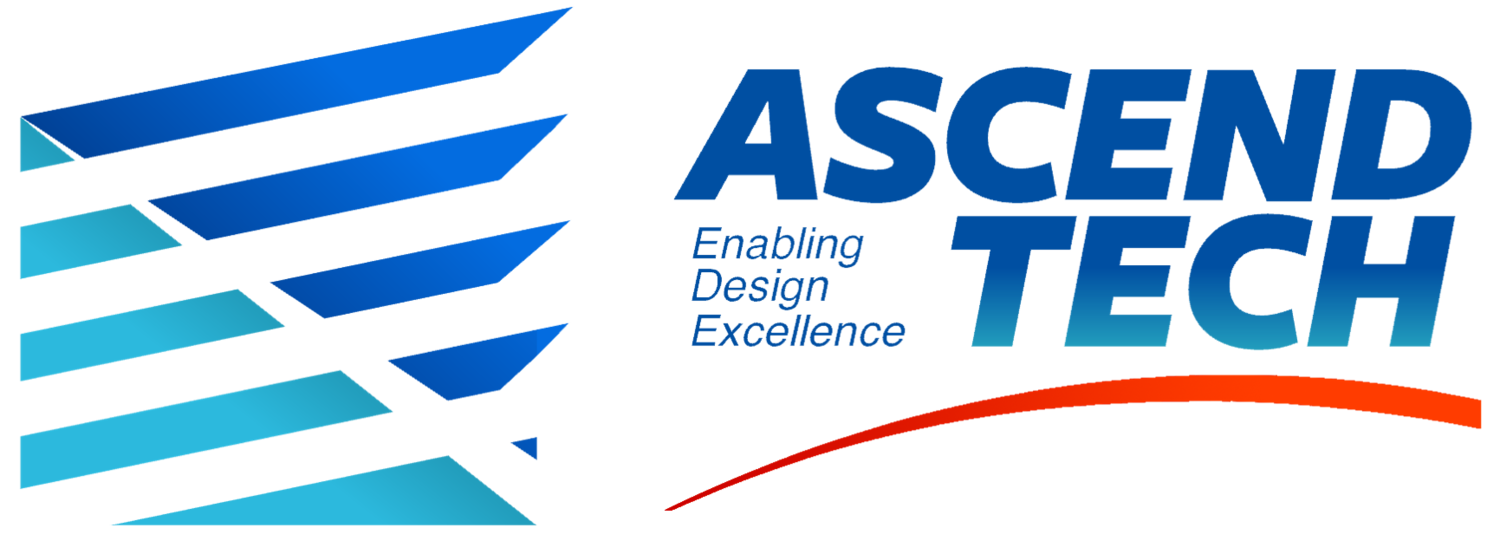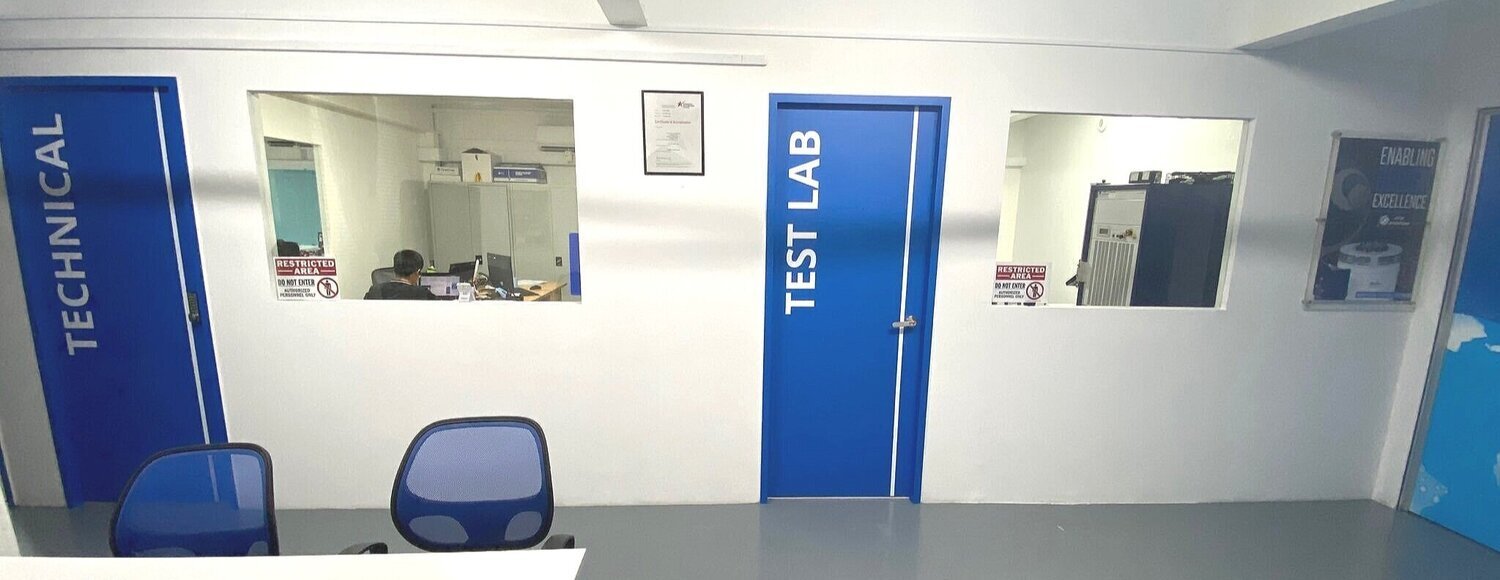Ensuring Precision with Calibration Services and Measurement Across Industries
Calibration services and precise measurement are vital components in numerous industries, including healthcare, transportation, and manufacturing. Calibration involves verifying and adjusting the accuracy of measurement instruments, while measurement quantifies physical properties like length, mass, or temperature. This article delves into the significance of calibration services and measurement.
The Significance of Calibration Services and Measurement
Calibration services and precise measurement are essential for several reasons:
Ensuring Accurate Results: Calibration ensures that measurement instruments produce accurate results, which is crucial across various industries. For example, in healthcare, incorrect measurements can lead to misdiagnoses and inappropriate treatments. In manufacturing, inaccurate measurements can result in defective products.
Regulatory Compliance: Many industries must adhere to strict regulations and standards requiring regular calibration and measurement. Calibration services help companies comply with these standards, avoiding legal issues and fines. Additionally, regular calibration can identify faulty equipment early, preventing costly downtime and repairs. Accurate measurements also help optimize processes, increasing efficiency and reducing waste.
Maintaining Product Quality: Accurate measurements are fundamental to ensuring products meet required specifications, leading to higher customer satisfaction and repeat business.
Types of Calibration Services
Calibration services can be categorized into several types:
Electrical Calibration: This involves verifying and adjusting electrical measurement instruments like multimeters, oscilloscopes, and power supplies. It is crucial in electronics, telecommunications, and power generation industries.
Mechanical Calibration: This type involves calibrating mechanical measurement tools such as torque wrenches, pressure gauges, and micrometers. It is essential in industries like aerospace, automotive, and construction.
Thermal Calibration: This involves ensuring the accuracy of temperature measurement devices such as thermometers and thermal cameras. It is critical in food processing, pharmaceuticals, and HVAC systems.
Dimensional Calibration: This type deals with verifying and adjusting dimensional measurement tools like rulers, calipers, and micrometers. It is vital in manufacturing, engineering, and construction sectors.
Industry-Specific Examples of Calibration Services
Manufacturing Industry: In manufacturing, calibration ensures product quality. For instance, in the automotive sector, torque wrenches must be calibrated to apply the correct torque to bolts. Incorrect calibration can result in bolts being too loose or too tight, leading to defective products. Calibration services help ensure that products meet the necessary specifications.
Healthcare Industry: Calibration services and precise measurement are critical for accurate diagnostics and treatments. Medical devices like blood glucose meters, ECG machines, and thermometers must be regularly calibrated to ensure they provide accurate readings. According to a study by the National Institute of Standards and Technology (NIST), 47% of tested blood glucose meters did not meet required accuracy standards. Regular calibration helps prevent incorrect diagnoses and treatments, safeguarding patient health.
Transportation Industry: Calibration and measurement are vital for passenger and cargo safety in transportation. In aviation, for example, altitude and airspeed indicators require regular calibration for accurate readings. Incorrect calibration can lead to pilot errors and accidents. Calibration services ensure the accuracy of these instruments, contributing to overall safety.
Calibration services and precise measurement are indispensable across various industries. They ensure accuracy, compliance with regulations, and high-quality products and services. By understanding and addressing the challenges associated with calibration, industries can significantly improve their processes and outcomes, leading to better performance and customer satisfaction.
Frequently Asked Questions about Calibration and Measurement
-
Calibration is the process of verifying and adjusting the accuracy of measurement equipment to ensure it complies with regulations and standards. Calibration is essential in the manufacturing industry to ensure that products meet quality and safety standards.
-
Industries such as healthcare, aerospace, automotive, electronics, and manufacturing require calibration services to ensure the accuracy of their equipment and products.
-
The frequency of calibration depends on the type of equipment, its usage, and the industry requirements. Typically, calibration should be performed at least once a year, but more frequent calibration may be required for critical equipment.
-
There are various types of calibration services, including electrical, mechanical, thermal, and dimensional calibration services. Each type of calibration service is essential for specific industries and equipment.
-
When choosing a calibration service provider, consider factors such as accreditation, expertise, turnaround time, and cost.
-
Outsourcing calibration services can save costs, improve accuracy and efficiency, provide expert advice and support, and ensure compliance with industry standards and regulations.
-
Calibration services can help improve productivity by minimizing downtime due to equipment failure, reducing the need for rework, and improving the accuracy and reliability of measurements.
-
Calibration is critical in the aerospace industry to ensure the safety of passengers and cargo by providing accurate measurements of altitude, airspeed, and other critical parameters.
-
Calibration is crucial in the healthcare industry to ensure the accuracy and reliability of medical equipment, leading to better diagnosis, treatment, and patient outcomes.
-
The future of calibration services looks promising, with advancements in technology and increased automation, such as the use of artificial intelligence and machine learning algorithms. Furthermore, the development of portable and wireless measurement equipment can make calibration more accessible and convenient.
The Future of Calibration Services
The future of calibration services is bright, driven by technological advancements and increased automation. For example, the integration of artificial intelligence and machine learning algorithms can enhance the accuracy and efficiency of calibration processes. Additionally, the development of portable and wireless measurement equipment will make calibration more accessible and convenient.
The COVID-19 pandemic has underscored the critical importance of calibration services and precise measurement, leading to higher demand for accurate testing and monitoring equipment. As industries continue to advance and rely more on technology, the necessity for reliable calibration services will only grow.
Calibration services and accurate measurement are vital across many industries. They ensure precise results, regulatory compliance, cost savings, and high-quality products and services. Various types of calibration services, including electrical, mechanical, thermal, and dimensional calibration, are essential for specific industries. The impact of calibration services on sectors such as healthcare, manufacturing, and transportation is significant and will continue to expand in the future.
Contact Us
Interested in our Testing & Calibration services? Don't hesitate to reach out for any calibration and measurement inquiries. Our team of experts is dedicated to providing high-quality calibration services to ensure the accuracy and safety of your equipment and products. Click the button below to send us your inquiry, and we will be happy to assist you.


